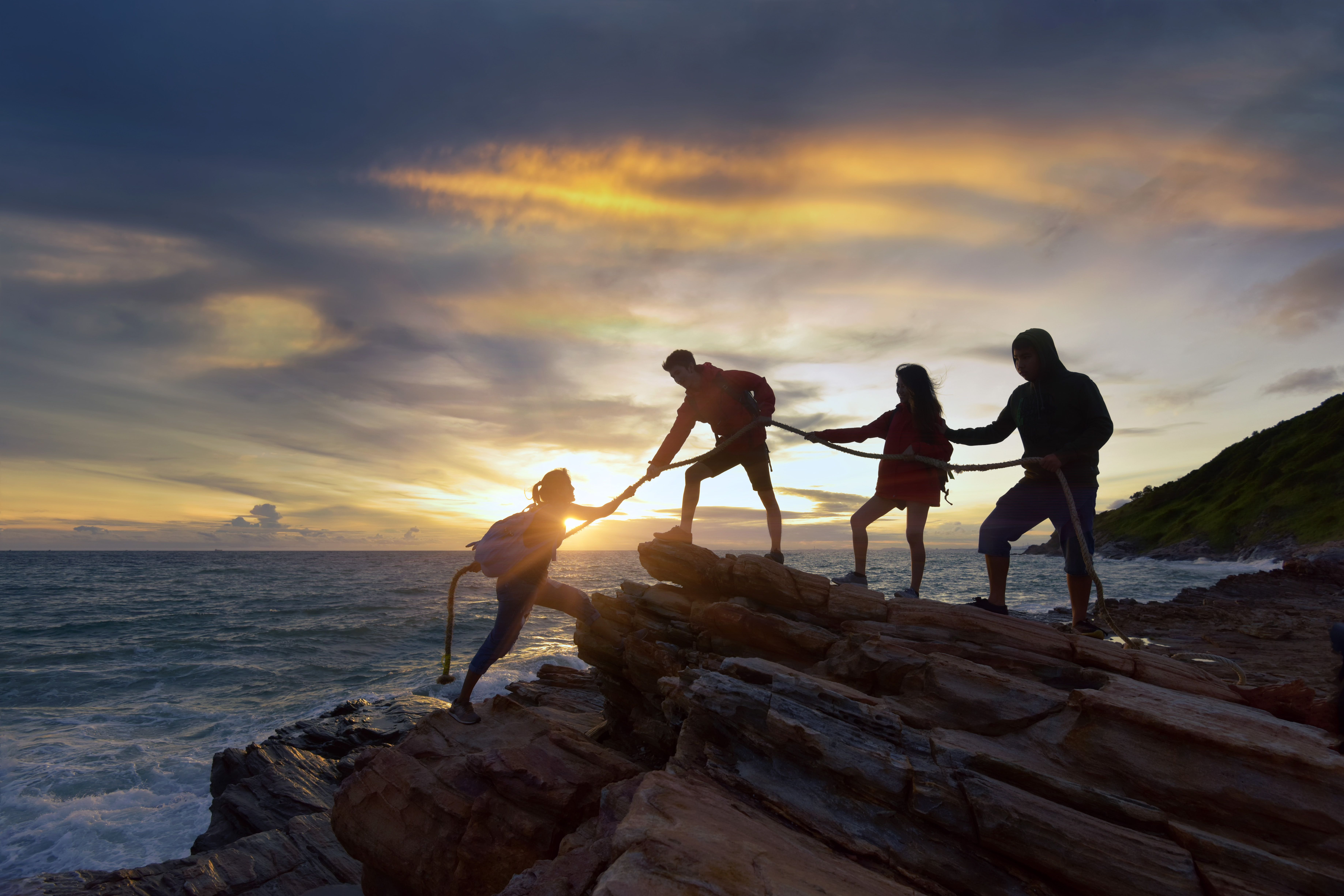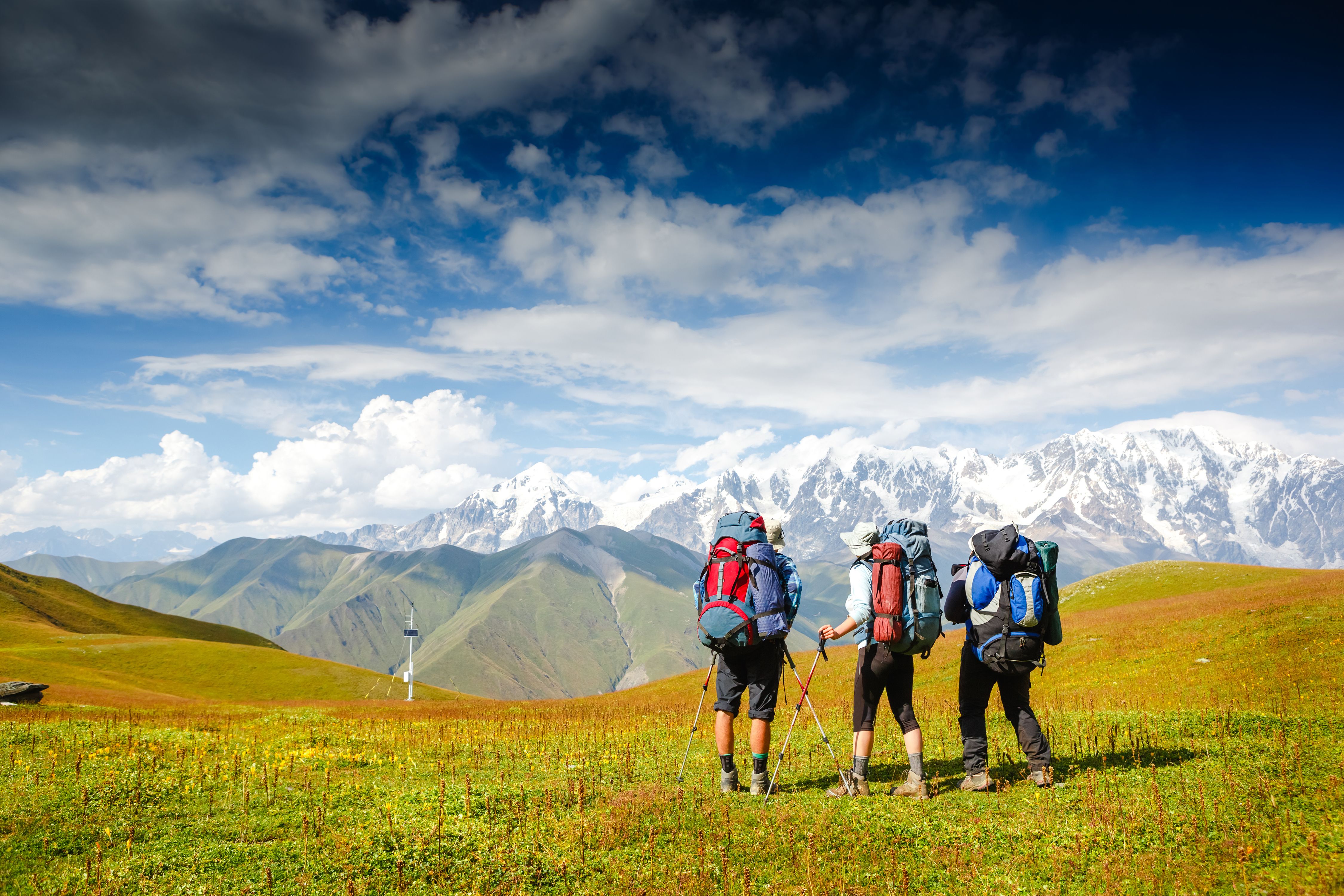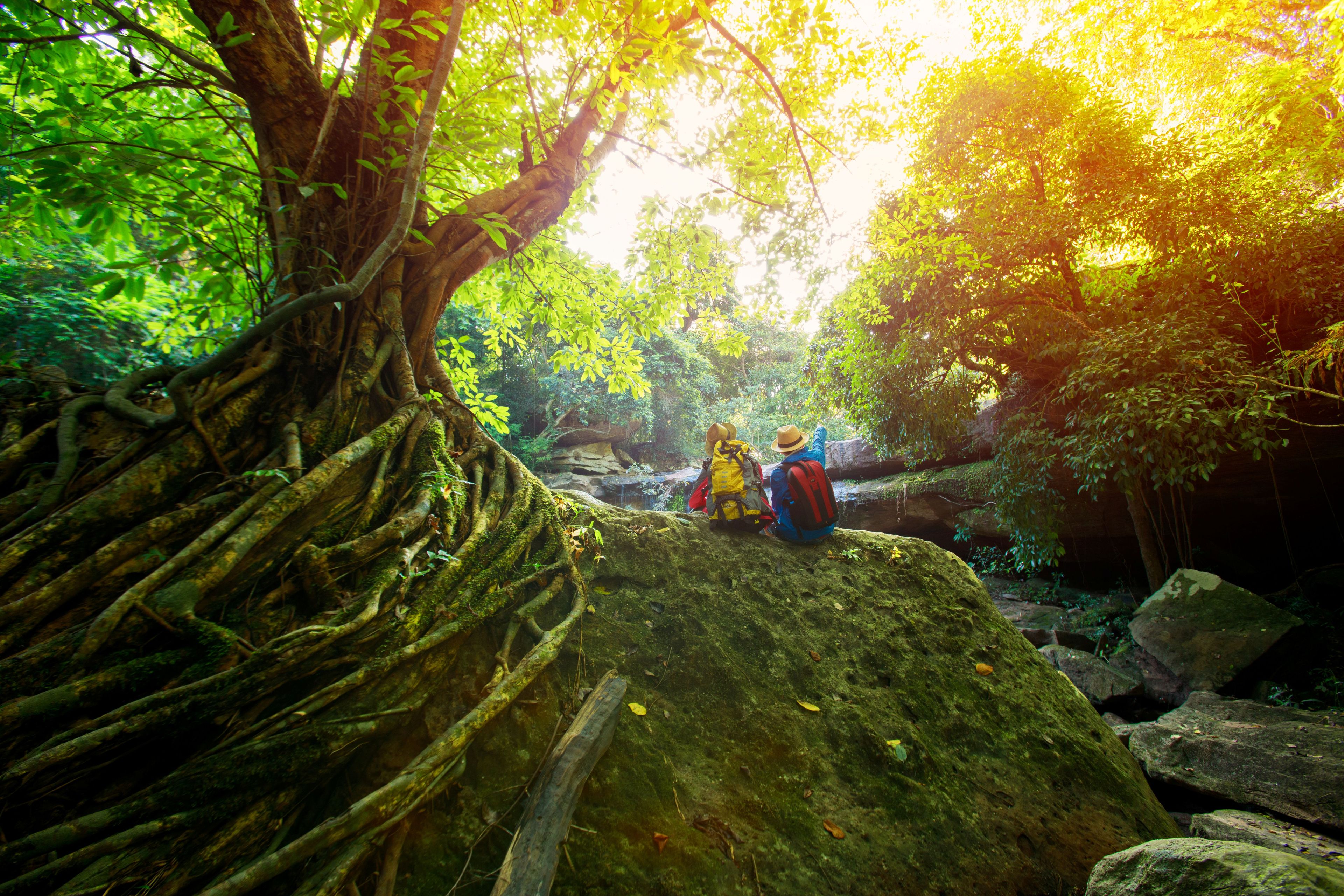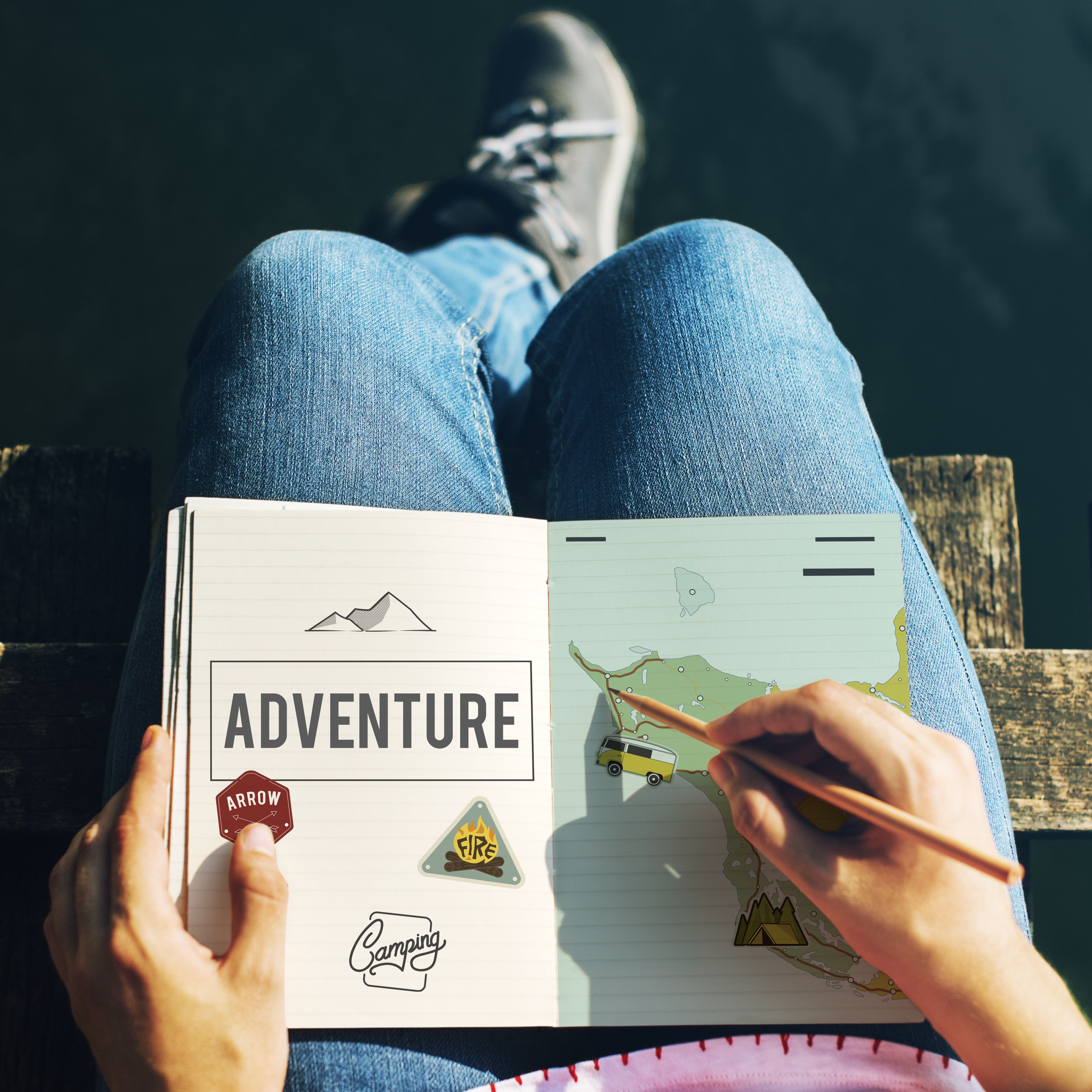
Discover our fundraising ideas, meet our guides or read our participants stories. We can’t wait to take you on an adventure or charity challenge soon. If you have an interesting story from one of our challenges, we would love to know about it! Get in touch by emailing us at customercare@dream-challenges.com.
trending stories


A Thread That Pulls Us Back

The Thread That Carries Us
Get the Dream Challenges email newsletters
Be the first to know when we launch exciting new challenges and hear more about each of the awesome adventures you can join and sign up to our mailing list!
We’ll send you all sorts of fun stuff, including interviews with our local agents, top tips, case studies, videos and more – view our privacy policy for details.



